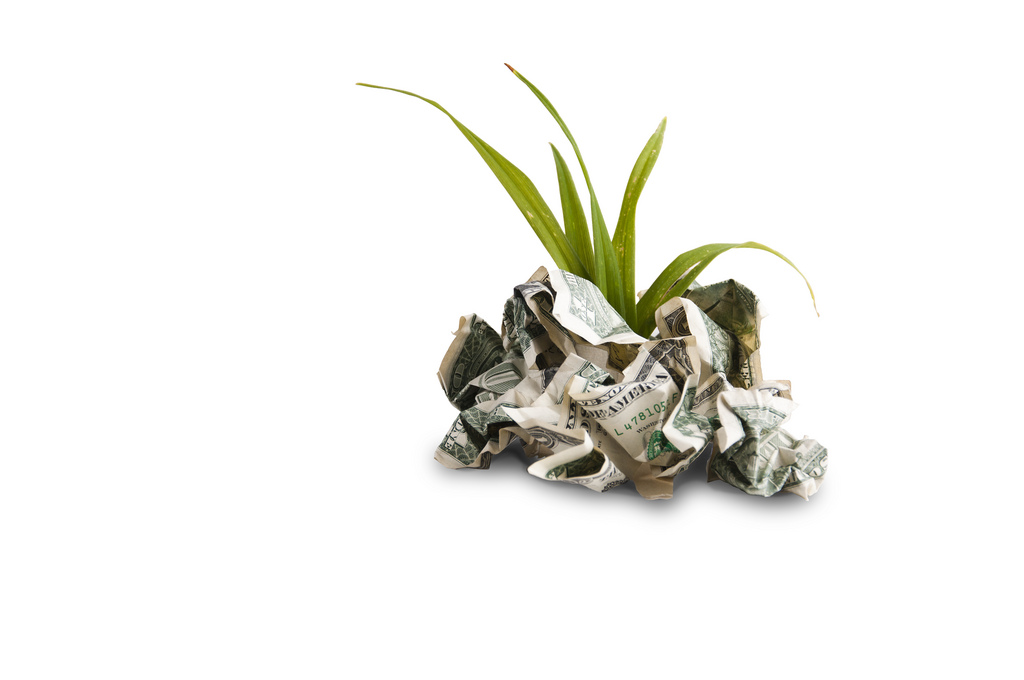“In the coldest February, as in every other month in every other year, the best thing to hold on to is each other.” – Linda Ellerbee
So maybe I was a tad optimistic in that title. Perhaps I should have stuck with “fine” or “fair”. We are talking about February, after all. I often find this month a bit, well, challenging. All of the newness of the year – the parties, the resolutions, the bowls of black-eyed peas – too often give way to the realization that there are lots of cloudy days and long cold nights to go as my little corner of the earth rotates back toward the sun.
I love winter. It just has considerably more appeal in November, when sweaters, crackling fires, and root vegetables are still novelties. Apparently I’m not alone. A quick Google search turns up dozens of articles and blog posts entitled, “February Sucks,” lamenting everything from Valentine’s Day to midterms to sinus infections.
But this month, I decided I will not just quietly cope with my February malaise. I’m on a mission to pull February from its shadowy reputation – at least in our house. In August, as we’re sitting outside watching the sun set at nine and eating vine-ripened tomatoes, hopefully we’ll say, “This is nice, but remember February?”
Maybe you can use some February mood-lifters too? Here are five ways I’m hoping to rescue this poor wreck of a month:
1. Plan the Garden
What’s the next best thing to eating those first sweet, crunchy snap peas and juicy raspberries? Dreaming about them, of course. And what better way to do that then to sketch out some garden plans? Last year, planning was my key to gardening success, and I learned a lot from what worked and didn’t work. I’m looking forward to spending some February afternoons with a cup of tea, some gardening books, and my sketch pad.
If you don’t have space or desire for a garden, you could plan some containers for your deck, or a window box, or adopt a house plant. Just glimpsing plants has been found to speed the recovery of surgery patients and improve workers’ job satisfaction. Hopefully plants can help rescue February too, a month altogether wanting for more shrubbery.

2. Invite someone new over for dinner
We have new neighbors, who also happen to be old acquaintances, and we’ve been meaning to invite them over for awhile to welcome them to the neighborhood. February is calling for a break-up in the old routines. Why not invite someone new over to your house too? It’s the perfect excuse for a feast. Eat. Play some games. Discuss ways to spruce up February.
3. Create something every day
Around this time of year, after all of the baking and the making that comes with the holidays, I often find myself in a creativity lull. Dr. Kelly Lambert might say this explains why February is so challenging for me. She asserts that cooking, knitting, sewing, building, or repairing things with our hands and seeing tangible results from our efforts bathes our brains in feel-good chemicals. I know she’s right. I feel much better when I’m creative. “An art or craft everyday” is my new February motto.
4. Listen to music
Music – notably up-tempo music played in a major key – makes people happy. Research indicates that listening to music we enjoy triggers the release of the natural opiates known as endorphins. And in studies, music has been found to boost surgery patients’ immune systems, lower stress in pregnant women, and reduce complications from cardiac surgery. I know music makes everyone in my house happier, and yet I often simply forget to turn it on. I hereby proclaim February the month of music. We will listen, sing, play, and dance.
5. Start a new tradition
Okay, so I’ve come up with a few ways to improve the next couple of weeks, but what about next February and the February after? I mean, if I’m going to make this a legendary month, we need a tradition that we talk about all year. Should we make valentines? Or truffles? Go on a scavenger hunt? Take off for a weekend getaway? I haven’t decided yet … I’m hoping you’ll share your ideas.[clickToTweet tweet=”Do you dread February? Try these 5 ways to make it fabulous. #winter” quote=”Do you dread February? Try these 5 ways to make it fabulous.” theme=”style1″]
Do you love February, or at least like it? Do you have any fabulous February traditions? I’d love to hear from you.




